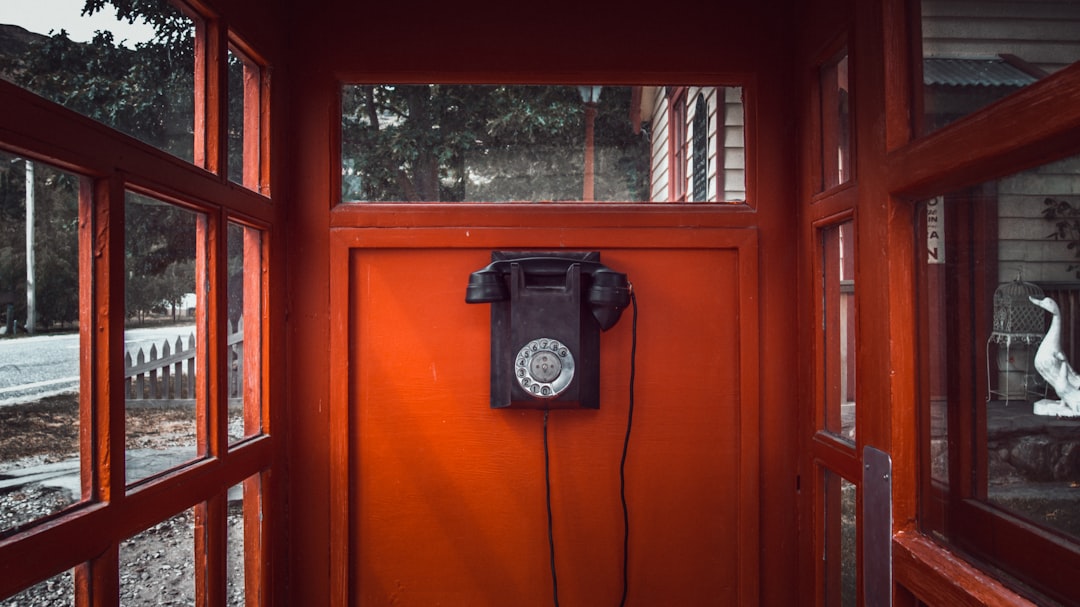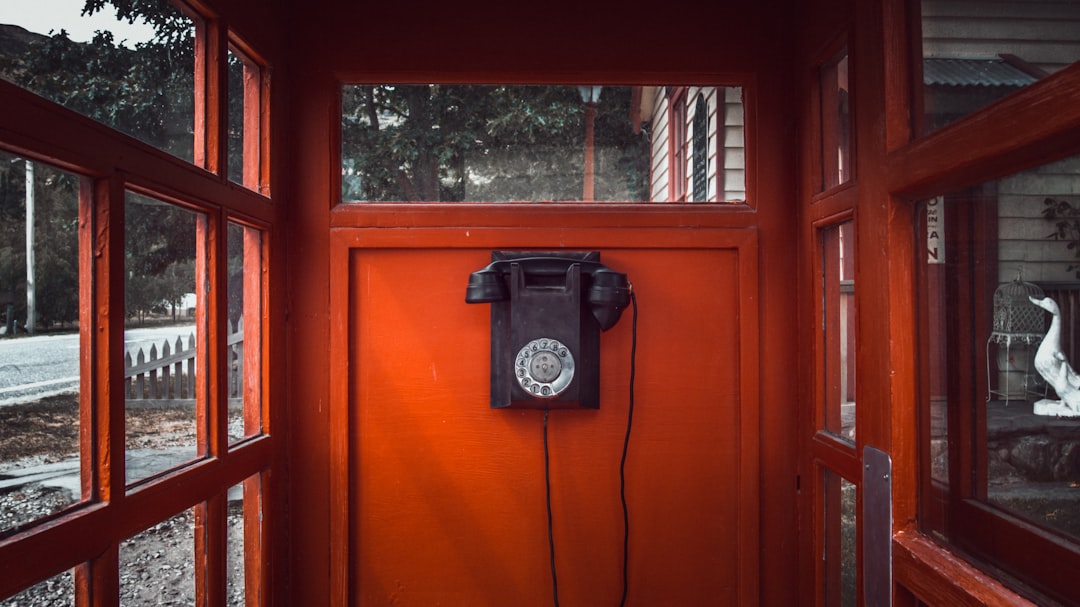Connecticut has significantly tightened regulations around robocalls, prioritizing residents' privacy with stricter Do Not Call rules. Businesses must now verify consumer consent before automated calls, facing heavy penalties for non-compliance. The state's "Do Not Call Attorney Connecticut" plays a vital role in enforcing these guidelines, assisting consumers and ensuring companies respect the DNC lists. This proactive approach aims to quieten deceptive practices, fostering a peaceful communication environment for all residents. Businesses targeting CT should consult Do Not Call Attorneys to ensure compliance and develop respectful marketing strategies.
In an era dominated by relentless robocalls, Connecticut has taken a significant step towards protecting its residents’ peace and privacy. Updated regulations restrict automated phone calls, especially those from telemarketers, under the state’s robust Do Not Call List (DNCL) program. This article delves into the intricacies of Connecticut’s DNCL rules, clarifying who is prohibited from making robocalls, the penalties for violators, and the rights of consumers, offering valuable insights for businesses aiming to comply with these new standards. For those seeking guidance, consulting a Do Not Call Attorney in Connecticut can be beneficial.
Understanding Connecticut's Do Not Call List Regulations

Connecticut has implemented stricter regulations regarding robocalls, offering residents greater protection from unwanted automated calls. At the heart of these new rules is the state’s Do Not Call List (DNC), a comprehensive registry designed to curb excessive telemarketing. The list allows Connecticut citizens to register their phone numbers and opt-out of receiving promotional or sales calls.
To ensure compliance, businesses and telemarketers must verify consumers’ consent before making any automated calls. Those who fail to adhere to these regulations face significant penalties, highlighting the importance of seeking guidance from a qualified Do Not Call Attorney Connecticut when navigating this evolving legal landscape.
Who is Restricted from Making Robocalls in CT?

In Connecticut, certain entities and individuals are restricted from making automated phone calls, also known as robocalls, to residents. This includes businesses and organizations that have been reported for unauthorized or harassing telemarketing practices. Additionally, non-profit organizations and political campaigns must adhere to strict guidelines when using robocall technology.
Do Not Call Attorney Connecticut plays a vital role in enforcing these regulations. They help consumers file complaints against violators and ensure that businesses respect the state’s Do Not Call lists. By holding these entities accountable, Connecticut residents can enjoy more peace of mind knowing their privacy is protected from unwanted and potentially deceptive robocalls.
Enforcement and Penalties for Violators

Under the new Connecticut regulations, the Attorney General’s office plays a pivotal role in enforcing the restrictions on robocalls. Violators can face severe penalties, including substantial fines and legal repercussions. If a business or individual is found to have made unauthorized automated calls, they may be subject to civil lawsuits filed by affected consumers, who can seek damages for invasion of privacy and other associated harms.
Do Not Call Attorney Connecticut is an essential resource for residents facing excessive robocalls. Consumers have the right to register complaints with the Attorney General’s office, which can investigate and take appropriate action against companies that disregard the new rules. These measures aim to protect Connecticut residents from annoying and deceptive call practices, ensuring a quieter and more peaceful communication environment.
Rights of Consumers and Next Steps for Businesses

Consumers in Connecticut now enjoy enhanced protections against unwanted robocalls thanks to updated regulations. Under these new rules, businesses must obtain explicit consent from residents before initiating automated telephone marketing calls—a significant win for privacy advocates. This change empowers consumers to take control of their communication preferences and reduces the nuisance caused by frequent robocalls.
If your business operates in Connecticut or plans to target its residents, it’s crucial to understand these new regulations. Consulting with a Do Not Call Attorney Connecticut can help ensure compliance and provide guidance on effective marketing strategies that respect consumer rights. This proactive approach will foster better relationships with customers and avoid potential legal issues stemming from non-compliance.






